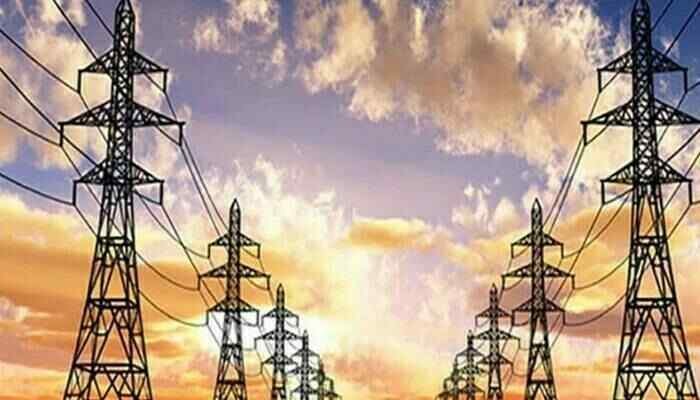In a significant step aimed at reducing the financial burden of power bills on households and businesses, the Sindh government is setting up its own electricity regulatory and supply body. The Sindh Assembly has officially approved the formation of the Sindh Electric Power Regulatory Authority (Sepra), announced Energy Minister Nasir Hussain Shah.
“Karachi’s residents and industries will benefit from more affordable electricity under Sepra,” Shah said, emphasizing that the provincial government is ready to take control of power generation and distribution within the province.
Provincial Control Over Power Rates
Under the new framework, electricity generated by the Sindh Transmission and Dispatch Company (STDC) will be supplied directly to consumers. The provincial government will independently set rates, a departure from the federal oversight of the National Electric Power Regulatory Authority (Nepra), which currently regulates electricity pricing nationwide.
Shah highlighted that initial power distribution will begin through the K-IV Grid, with rates expected to be significantly lower than those currently offered by Karachi’s only supplier, K-Electric.
“By managing both generation and distribution ourselves, we can ensure fairer pricing and more reliable service for consumers,” the minister added.
Staffing and Operational Readiness
According to Shah, personnel have already been recruited for Sepra, and official notifications regarding its operational launch are expected later this month.
This provincial initiative comes after Nepra, earlier this year, renewed K-Electric’s distribution licence for another 20 years. While the federal regulator recently approved a minor reduction in electricity rates—Rs1.89 per unit—for the period of April to June 2025, the provincial authority aims to provide even greater relief.
Recent Federal Adjustments
Nepra’s quarterly tariff adjustment, which will appear on August bills, is expected to provide a total relief of Rs55.8 billion to electricity consumers across Pakistan, effective for three months through October 2025. While this provides some temporary respite, Sindh’s move to control its own electricity supply signals a more long-term strategy for reducing energy costs in the province.
What This Means for Consumers
For Karachi and other parts of Sindh, Sepra represents both an opportunity and a challenge. If successful, it could set a precedent for provincial control over utilities, potentially giving citizens more influence over pricing and service quality. However, execution will be key, as managing generation, transmission, and billing independently is a complex undertaking.

